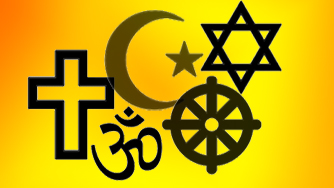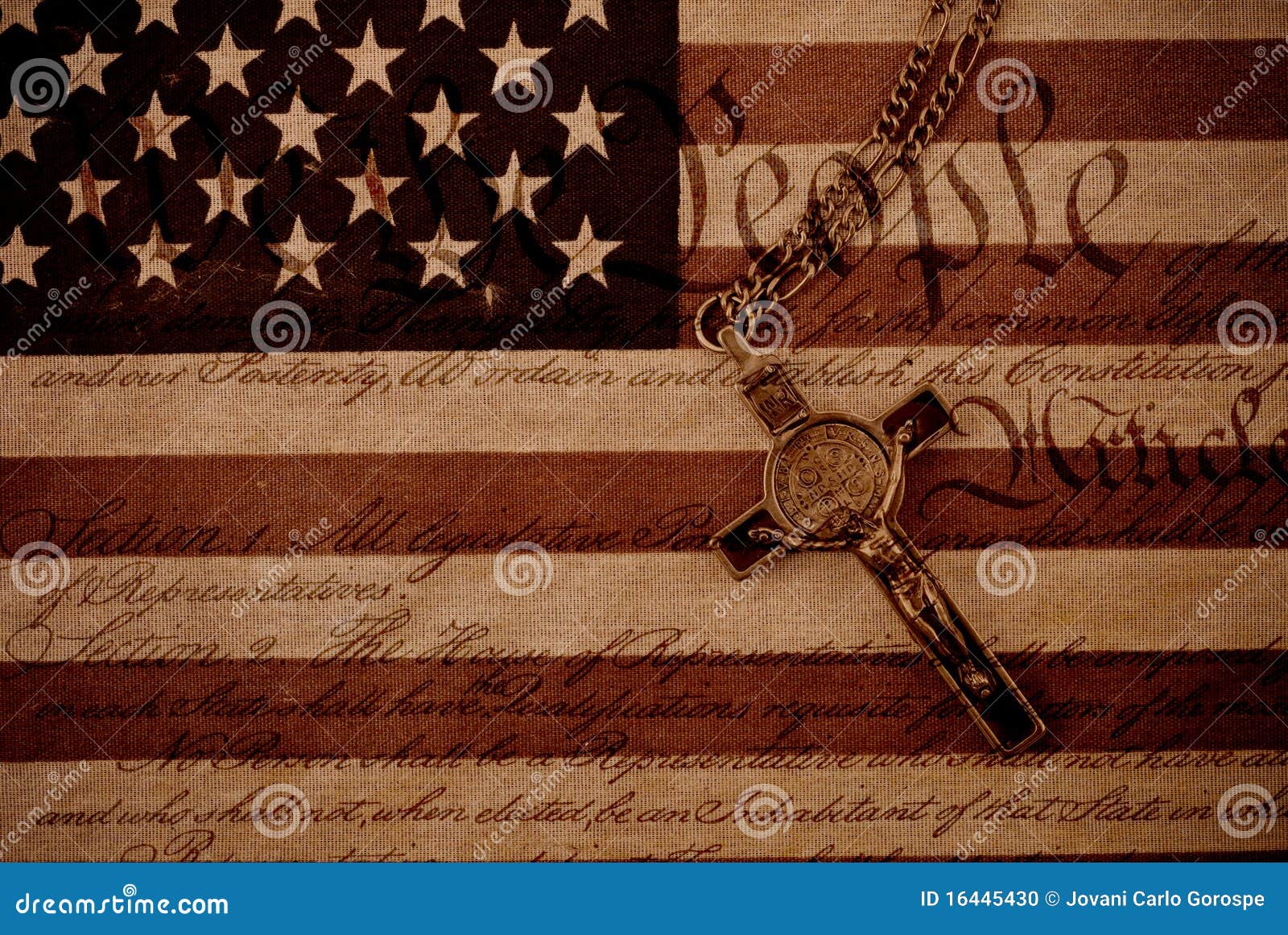


This first Clause basically prevents the government from preferring a particular house of worship or religion or proclaiming a particular religion to be the “official” religion.

Q: What religious expression is protected by law? Amina from Washington, D.C.Ī: The First Amendment to the Constitution protects Americans’ right to religious freedom through two provisions: the Establishment of Religion clause and the Free-Exercise clause. In addition, the written script is below. Religious Freedom Committee Vice-Chair Rahmah answers "What religious expression is protected by law?", in the above video.

Here are some more practical examples of how Freedom of Religion requires respect for other religions:
Freedom of religion free#
Here’s an example that puts the Free Exercise Clause into practice:Įx) If reciting the Pledge of Allegiance goes against a student's religious beliefs, a public school teacher cannot coerce or pressure the student into reciting it. The Free Exercise Clause gives everyone the right to choose to worship or not. Here’s an example that puts the Establishment Clause into practice:Įx) The United States is prohibited from establishing Christianity as the official religion of the country. The Establishment Clause, in short, prohibits the government from playing favorites based on what people do or don’t believe.” Taken together, these clauses encompass the often-cited principle of separation of church and state. The founders have created both the Establishment Clause as well as the Free Exercise Clause within the First Amendment to ensure that this liberty is preserved and respected. By doing so, the founders of the Constitution intended to keep the government away from influencing people’s choices about religion. In order to ensure that there is government respects all religions and favors none, the First Amendment also, through the Establishment Clause, prohibits government endorsement or denigration of religion. Constitution, religious freedom is the right for everyone to practice his or her religion, or to choose not to practice a religion at all.īy giving everyone the right to practice or not to practice a religion, the Constitution preserves this liberty and requires that all religions, and the beliefs of those who do not subscribe to a religion, be respected. What do we mean by the right to religious freedom? Under the U.S. Q: Does freedom of religion require respect for other religions? Amina from Washington, D.C.Ī: The First Amendment to the United States Constitution states, “Congress shall make no law respecting an establishment of religion or prohibiting the free exercise thereof.” In other words, the government cannot endorse or denigrate religion and neither can it deprive any individual of their right to religious freedom. Religious Freedom Committee Vice-Chair Rahmah answers "Does freedom of religion require respect for other religions?, in the above video.


 0 kommentar(er)
0 kommentar(er)
